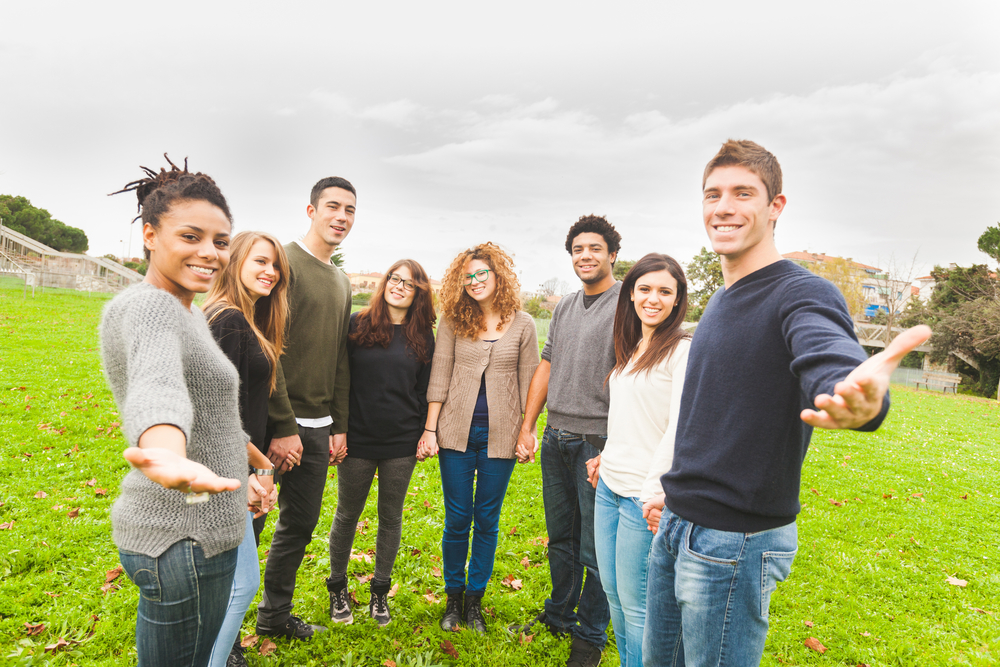During these unprecedented times, as we deal with COVID-19 in our current environment, it can be difficult to know when it’s safe to reconnect again. As our state plans its reopening process, The Arbor wants to help give you the tools you need to understand what this reopening process means for all people, but specifically for those of you who are in healthcare fields and/or dealing with addictions. There are challenges facing all of us during these times, but there are especially unique challenges facing those of us in recovery. Continue reading to learn more about how your recovery can be impacted by COVID-19, and how you can stay safe during these times.
The Impacts of COVID-19 on Vulnerable Populations
Everyone, regardless of whether or not they are in recovery, should be taking precautions to protect themselves and their loved ones from COVID-19. Vulnerable populations, including those who smoke, vape, use opioids, or use methamphetamines, may face an increased risk of developing COVID-19 due to their pre-existing compromised lung condition. Because of their potential increased risk, people among vulnerable populations should be extra careful when re-integrating themselves into society as the state begins to open up, says DrugAbuse.gov.
The Impacts of COVID-19 on Substance Use Recovery
Recovering from substance use is challenging as it is, but throwing a pandemic in the mix can be overwhelming. Those in recovery usually thrive on social support, like communities such as AA. Unfortunately, due to social distancing guidelines, those in recovery are not allowed to gather in these spaces. Along with social distancing, being in quarantine can prevent those in recovery from opioid use from getting the medications they need via various services. On the flip side, those people who are on the verge of starting recovery but still using substances are in great danger. According to DrugAbuse.gov, because of social distancing, there will be less observed overdoses. With the likelihood of observed overdoses decreasing, people have less access to the life-saving medication naloxone, which can result in more fatalities.
For Those Seeking Connection
Many people may be feeling lonely and wanting to reconnect with their loved ones and return to treatment. It is recommended that people continue to practice social distancing. If you are seeking connection, try to reach out to your loved ones and social recovery groups via virtual meet-ups and virtual support meetings. It’s important to keep in mind that COVID-19 is still circulating, so it’s a good idea to reduce your time spent in dense populations. This may make seeking treatment more difficult, which is why we urge you to use all of the necessary virtual means you can. If you are looking to support a loved one in recovery, keep in constant contact with them. Checking up on someone you love shows them that you care. This will help encourage them to reach out if they are in need of support.
Keeping You Safe
At the Arbor, we value your health above all else. To help you stay safe, the following procedures for sanitization, sterilization, physical exams, and safe distancing have been put in place:
- Symptom checks are required prior to entering the Arbor and Arbor IOP locations.
- Anyone exhibiting symptoms of COVID-19 will not be permitted to enter our facilities.
- We have hand sanitizer readily available.
- Residential clients are not attending off-site meetings.
- Telehealth meetings are available for IOP clients.
- Alumni meetings and facility tours have been temporarily suspended.
- Non-essential staff members are working remotely.
- We are sharing universal precautions for disease prevention with all staff and clients.
Arbor Behavioral Healthcare is here to help you readjust to life during and after COVID-19. We are working hard to stay connected while keeping everyone safe, and offer a variety of programs that can provide you with the support you need for your recovery. Call us today at 844-413-2690. We want to help you through this unprecedented time.


